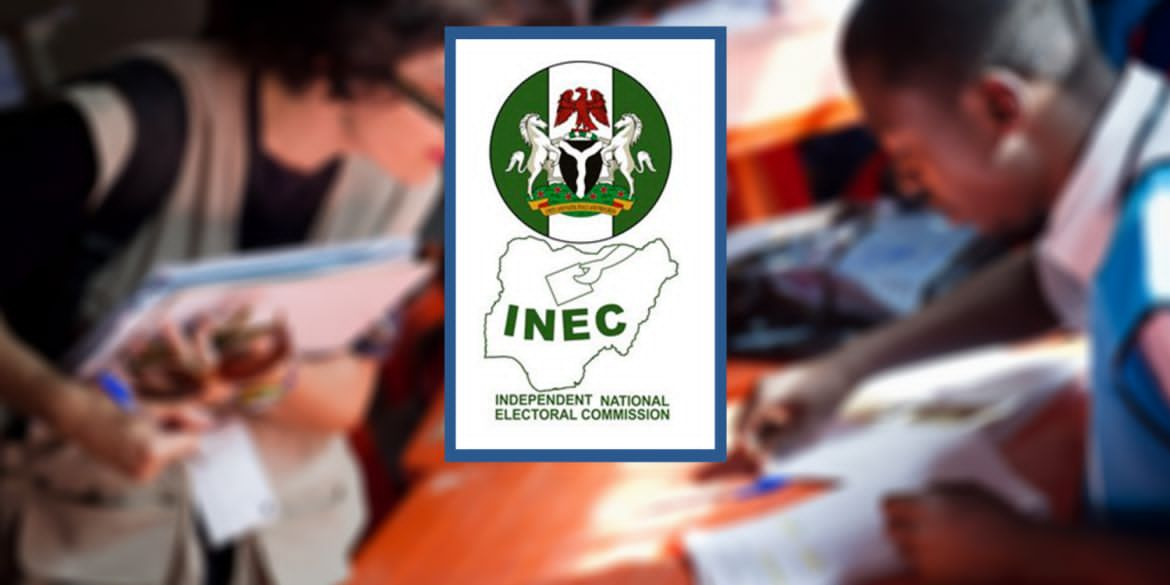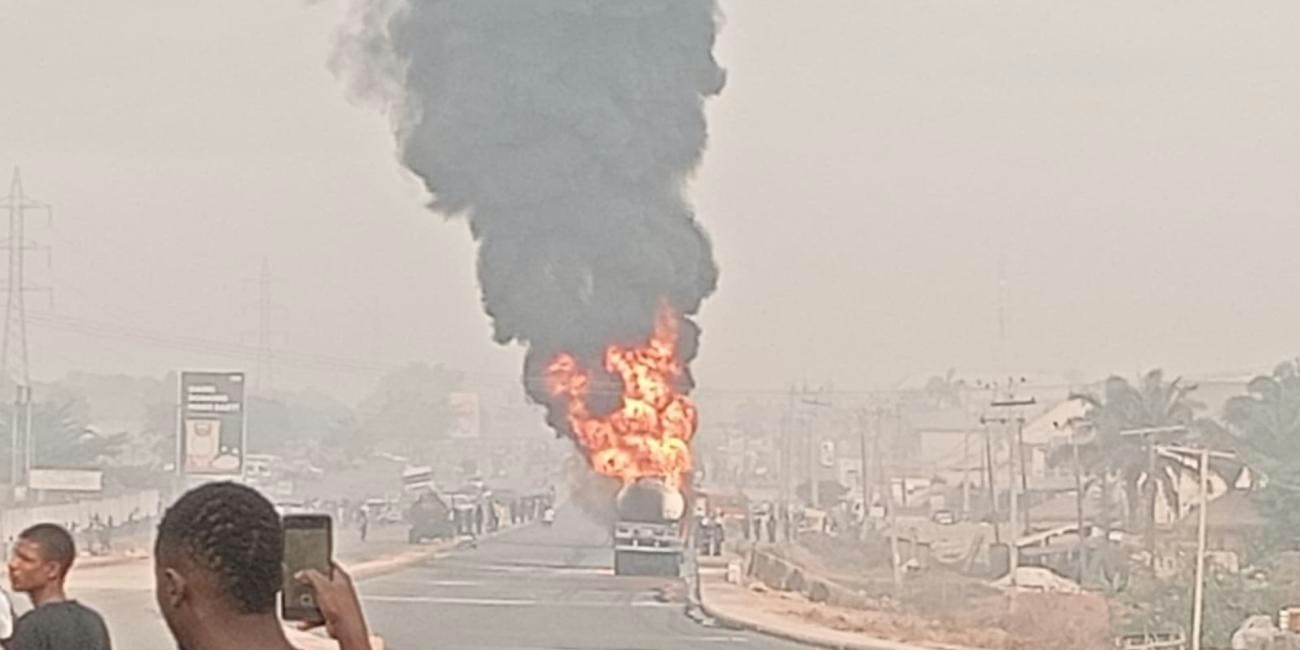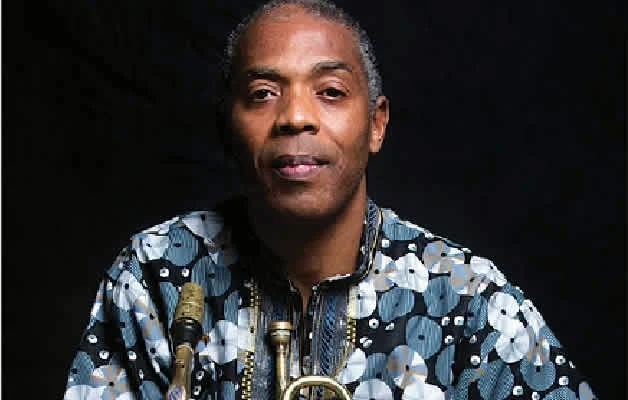Nigeria’s democracy is under siege, as the persistent and growing menace of vote buying continues to compromise the integrity of the electoral process. Since the return to democratic rule in 1999, vote buying has steadily taken root, but under the All Progressives Congress (APC), it has grown alarmingly pervasive. From the administration of President Muhammadu Buhari to that of President Bola Tinubu, vote buying has transitioned from a political tactic to an institutionalised practice.
Starnews NG reports that the Ekiti State Governorship Election of 2018 laid bare the scale of this problem, with allegations that agents of both the APC and PDP brazenly offered cash to voters. Payments of between ₦4,000 and ₦5,000 were reportedly distributed, earning the election the notorious nickname “see and buy.” Similarly, during the Osun Governorship Election of the same year, voters were enticed with sums ranging from ₦5,000 to ₦10,000. Evidence of votes was often demanded before payments were made, turning the democratic process into a blatant commercial transaction.
The Kogi State Governorship Election of 2019 further illustrated the extent of this malpractice. Observers reported party agents openly distributing cash at polling stations, with some voters lamenting that they had sold their votes for as little as ₦500. Although relatively peaceful, the Edo State Governorship Election of 2020 was not immune, as allegations of vote buying surfaced, with payments of between ₦5,000 and ₦10, 000 reportedly offered to voters.
Under President Tinubu’s administration, the problem appears even more entrenched. Starnews NG can report that the Ondo State Governorship Election of 2023 exemplified this troubling trend, with allegations of both APC and PDP engaging in large-scale vote buying. Observers documented instances of voters being instructed to provide photographic proof of their ballots or share bank details to facilitate financial inducements ranging from ₦10,000 to ₦20,000.
The persistence of vote buying under the APC points to a deeper systemic failure. The party’s reliance on financial inducements reflects an unwillingness to address the root causes of electoral malpractice—poverty and hunger. Politicians have exploited widespread economic hardship, turning elections into a transaction of survival rather than a democratic choice.
Despite promises of reform, the APC has largely failed to prioritise electoral integrity. Allegations of state resources being diverted to fund campaigns have further tilted the playing field, perpetuating the cycle of electoral corruption.
Addressing this menace requires decisive action. Reducing poverty and economic hardship must take precedence, with targeted programmes aimed at job creation, food security, and strengthening social safety nets. Such efforts would alleviate the desperation that leaves voters susceptible to inducements.
Voter education is equally crucial. Nigerians must be sensitised to the long-term implications of vote buying, shifting their focus from immediate financial gain to the pursuit of accountable governance. Civil society organisations and the media have vital roles to play in this enlightenment drive.
The enforcement of electoral laws must be stringent and impartial. Perpetrators of vote buying, irrespective of party affiliation, should face severe consequences. Transparency in campaign financing should also be ensured, with robust mechanisms to monitor and limit campaign expenditures.
Technology offers a promising avenue to combat vote buying. Blockchain systems could be deployed to secure the voting process, making it harder for votes to be tracked and rewarded. Furthermore, anti-corruption agencies such as the EFCC and ICPC should collaborate closely with INEC to monitor and prosecute electoral malpractices effectively.
Inclusive governance can help restore trust in the electoral process. Leaders must address systemic inequalities and prioritise the welfare of citizens, thereby reducing the allure of transactional politics.
The institutionalisation of vote buying under the APC has cast a long shadow over Nigeria’s democratic future. Yet, through focused reforms, rigorous enforcement of laws, and a collective commitment to change, the nation can break free from the stranglehold of this pernicious practice. Only then will elections truly reflect the will of the people, not the highest bidder.







Leave a Reply